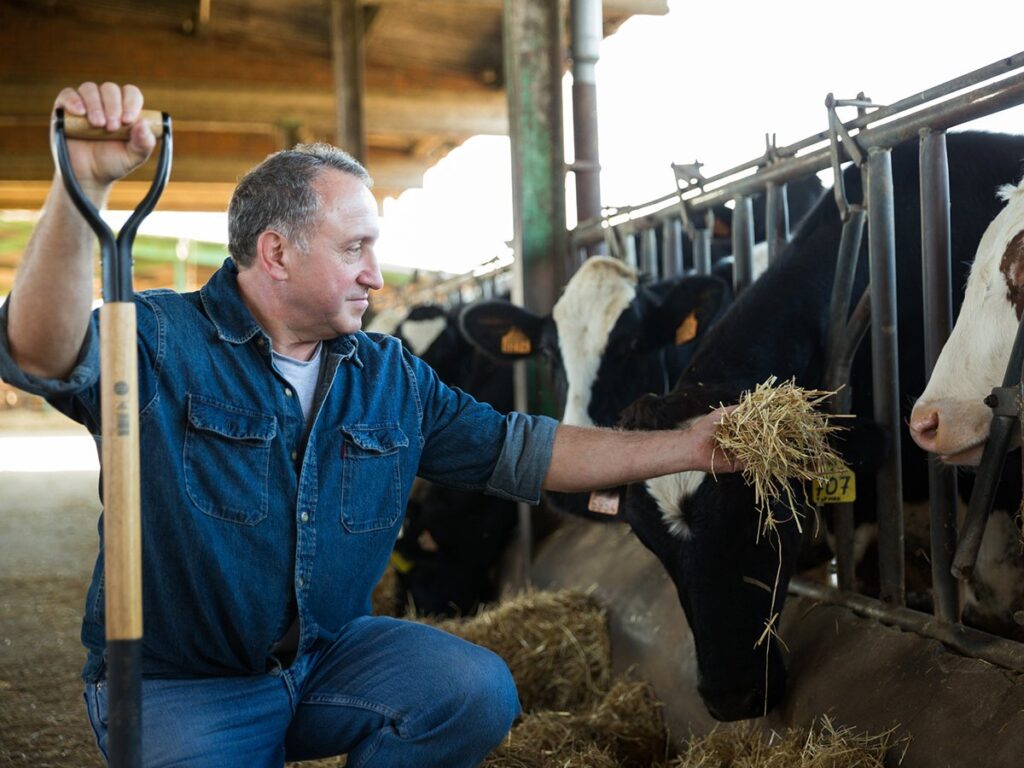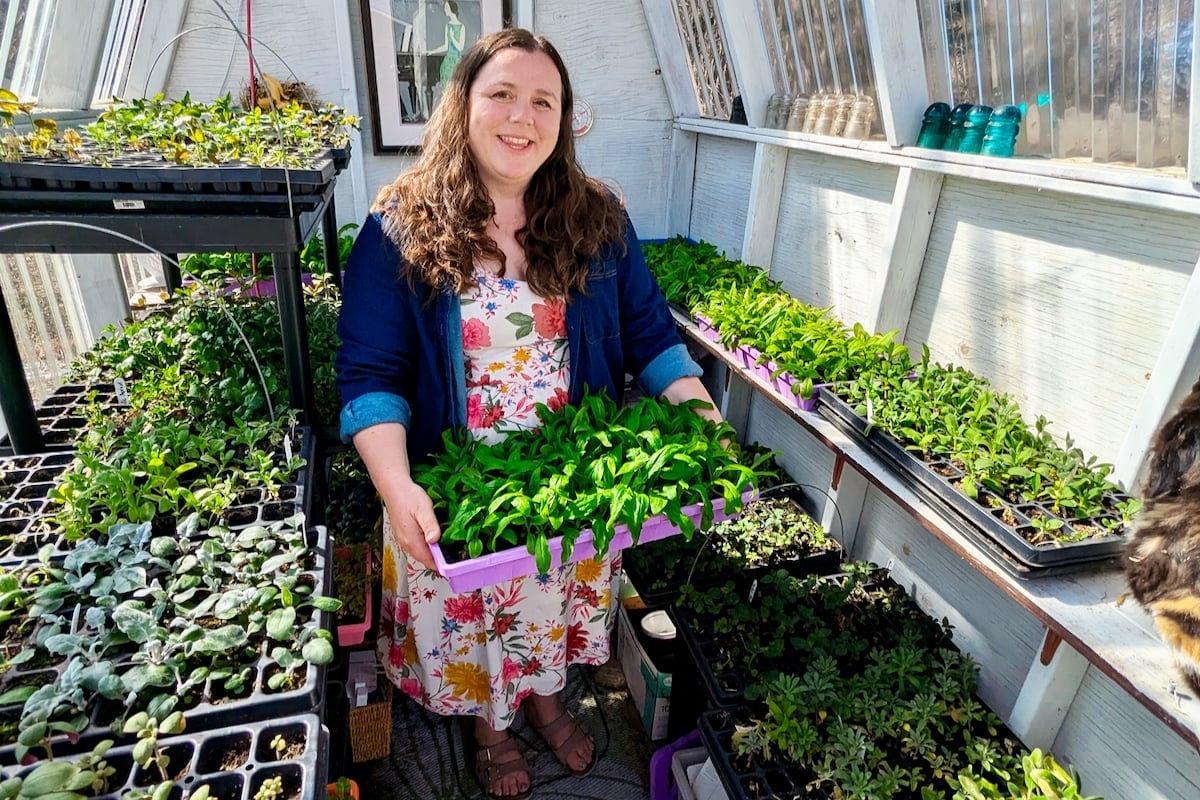Succession: Where to begin? | The Western Producer

Glacier FarmMedia – I recently polled farm managers about what big projects they were planning for this year. Half the respondents said succession was a priority; however, many indicated that they don’t know where to start.
I look at it like this: if you’ve taken your child to the field, or they work alongside you, then you have already started — and you’re further along in the process than you think.
The most successful farm transitions take place over time. A solid succession is a process, not a one-time transaction. The most common obstacle to getting started is procrastination because we put things off when we are uncertain of what’s involved, or we think it will be difficult.
Read Also


VIDEO: The butterfly effect of floral planning
Glacier FarmMedia – In the white and gray of a Saskatchewan winter, Kristen Raney was thinking about rich chocolate browns,…
Procrastination keeps us stuck.
I understand that you have a million things to do, but if something happened to you today, what would happen to your farm?
“But I don’t know how to start the conversation about the future,” you say.
You know what? It’s normal to feel overwhelmed with the process of transitioning your farm. From the starting line, the process ahead looks foggy, and we think we only have one shot to get it right. Then, so many of us aren’t certain about what we want in the first place. And is that what everyone else wants? Is there even a common goal regarding the farm’s future?
This type of planning also involves discussing the most difficult topics (e.g., death, finances, divorce, trust), bringing up emotions that make many of us uncomfortable.
So, how can you gain some succession planning traction?
- Ask yourself: What’s the end game?
Why do you do what you do? You and everyone involved in the business should really sit with that question for awhile. Mull it over, write it down — even send it to me. I’m here to make you successful and that includes asking hard questions that make you think. (Hint: there are no right or wrong answers.)
- Ask yourself: What’s at stake?
The biggest risk on farms today is having one person in charge of everything. If you go to work every day without processes or plans written down, or without having up to date wills or agreements, you are putting millions of dollars in flux. This means that potentially more of what you built or saved could end up with someone you don’t want instead of protecting the ones you love most. Loving your family and making sure they are taken care of may be your most important reason to start the succession process.
- Hire a coach or facilitator
Effective succession planning requires 80 per cent non-technical work (e.g., reflection and communication). It’s not your job to facilitate hard discussions while also trying to be present in the conversation, stay curious and take notes. An objective third party should be brought in to lead important conversations outside the scope of day-to-day meetings.
- Learn to balance logic with emotion
Emotions can be dangerous. But we can also find ways to manage those big emotions and related decisions. We don’t want to (and can’t) completely remove emotions from the equation and the truth is, you can’t make a decision without them. Emotion is okay. It means you are passionate about your business and your values. But there must be a balance between emotional and logical decisions, and we can only find that balance after we’ve looked at all the facts.
- Play the what-if game
Start thinking about what you want — both in your head and in your heart. Because what you think in your head may not be the same as what you know in your heart. That disconnect could get you in trouble. Ask yourself, “If something happened to me, what would happen to this farm? Is that what my family would want?” Once you have an idea of what that answer might look like, it needs to be discussed and documented.
- Communicate the right things
We don’t necessarily need more communication; we need the right kind of communication. Farmers might be experts at discussing the day-to-day, the markets and logistics, but sometimes it’s harder to discuss the uncomfortable things such as a living arrangement or finances. We need the right things at the right time. This requires asking permission of everyone involved in the succession process with the help of a coach who can facilitate conversations to make the process easier.
Source: producer.com


